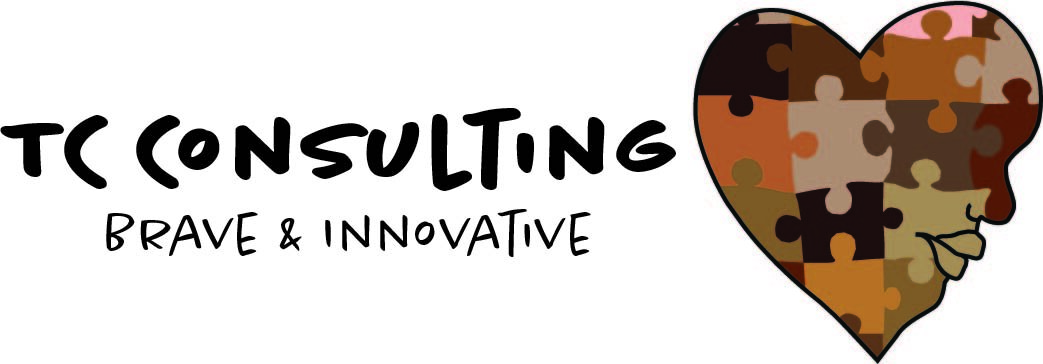Black History Month Symbolism Photo
Black History Month is a time of learning, unlearning, celebration, remembrance, and reflection. No culture is stagnant, so Black culture is constantly changing regarding needs for accessibility. Also, within and outside of the Black community members are still striving to thrive instead of just surviving by advocating for equitable rights and resources to be seen, heard and valued based on lived experiences and one's flux of social identities.
Learning and Unlearning
It is vital that members of the Black community make strides to unlearn internalized oppressive norms and develop openness for themselves and others. Then, aspiring allies (dominant group members striving to help marginalized individuals) and social justice accomplices (dominant group members working to equitably shift oppressive systems) should unlearn implicit and explicit ways they exclude or limit Black people and learn proactive ways to counteract harmful behavior.
Resources for learning about Black History Month:
https://www.history.com/topics/black-history/black-history-month
https://asalh.org/about-us/origins-of-black-history-month/
https://urbanintellectuals.com/
Resources for learning and unlearning about Black culture:
https://mediablog.prnewswire.com/2018/02/14/top-african-american-news-sites/
http://www.pbs.org/black-culture/home/
https://www.blackpast.org/research-guides-websites/
Celebration and Remembrance
Celebration for Black History Month could involve naming progressive advancements that have occurred to increase accessibility for Black people. Also, celebrating during Black History Month could mean community members showing love for their culture and people. With remembrance, it could entail remembering all the Black people who have been harmed from racial injustice and how the fight for racial justice is still stacked against Black culture. Additionally, remembrance during Black History Month could include remembering the legacy and life of the community members with rituals or gatherings. Celebration and remembrance can be interrelated because people acknowledge achievements that Black people have accomplished in the past and today.
Black Culture Celebration Prompts for Black Community Members:
What do you love about Black culture?
How can you acknowledge and express joy about the progressive achievements for Black people that have occurred in the past and today?
Who inspires you to proactively redefine your Blackness and embrace self-love? Explain why.
How can you deepen your appreciation for your Blackness and Black culture in general?
Reflective Remembrance Questions:
Who has been harmed within the Black community and lost their life?
How can you honor the ones that have suffered from racial bigotry?
What can you do individually and collectively to positively shift the oppressive system for past and present Black community members?
Reflection
With reflection, it is an interpersonal journey to ponder how Black culture has shifted over time and what Black culture means for each community member. Also, reflection entails thoughts and dialogue about internalized racial harm within the Black community, naming how the Black community can individually and collectively show support, and unpacking diverse ways to balance community care and self-care with racial social justice.
Reflective Questions for the Black community:
How has Black culture shifted over time, and how this shift influenced the way you perceive yourself?
What internalized oppression do you need to unpack? Explain why.
What harm have you experienced within the Black community?
How have you harmed others in the Black community?
What are some ways you can heal from experienced harm and repair any harm you caused?
What could community care and self-care entail?
How could you and others be intentional about fostering community care and self-care?
Here is some personal insight on what reflection involves for me:
Many times, as a Black cis womxn, I thought and felt the struggle is real. One struggle is trying to heal from decades of oppressive norms in an environment that is stacked against me. Another struggle is working through internalized oppression and harm within and outside the Black community. I also feel pressure to prove that I have credentials, I deserve to be here, and I can thrive in my lifetime. Then, I ponder how the struggle is different and more harmful for Black people with intersecting marginalized identities relating to sex, gender, sexual orientation, ability, religion, social class, citizenship, and more.
Above mentions some ways the Black community and others can commit to learning, unlearning, celebrating, remembering, and reflecting during Black History Month. This does not entail everything one could do. It is encouraged that people, schools, and businesses take the intentional initiative to support Black culture in February and throughout the year.
“Those who have no record of what their forebears have accomplished lose the inspiration which comes from the teaching of biography and history.”


